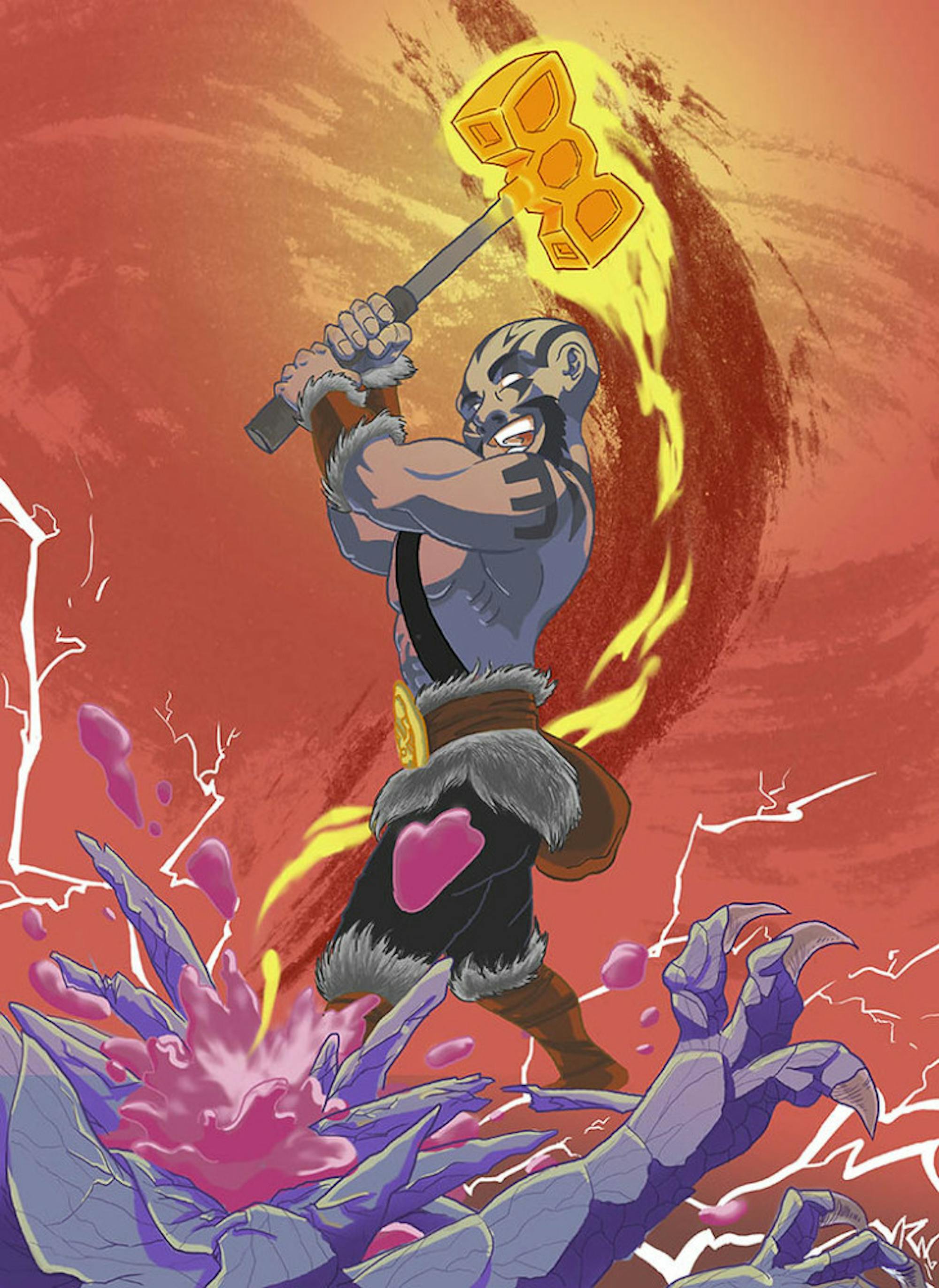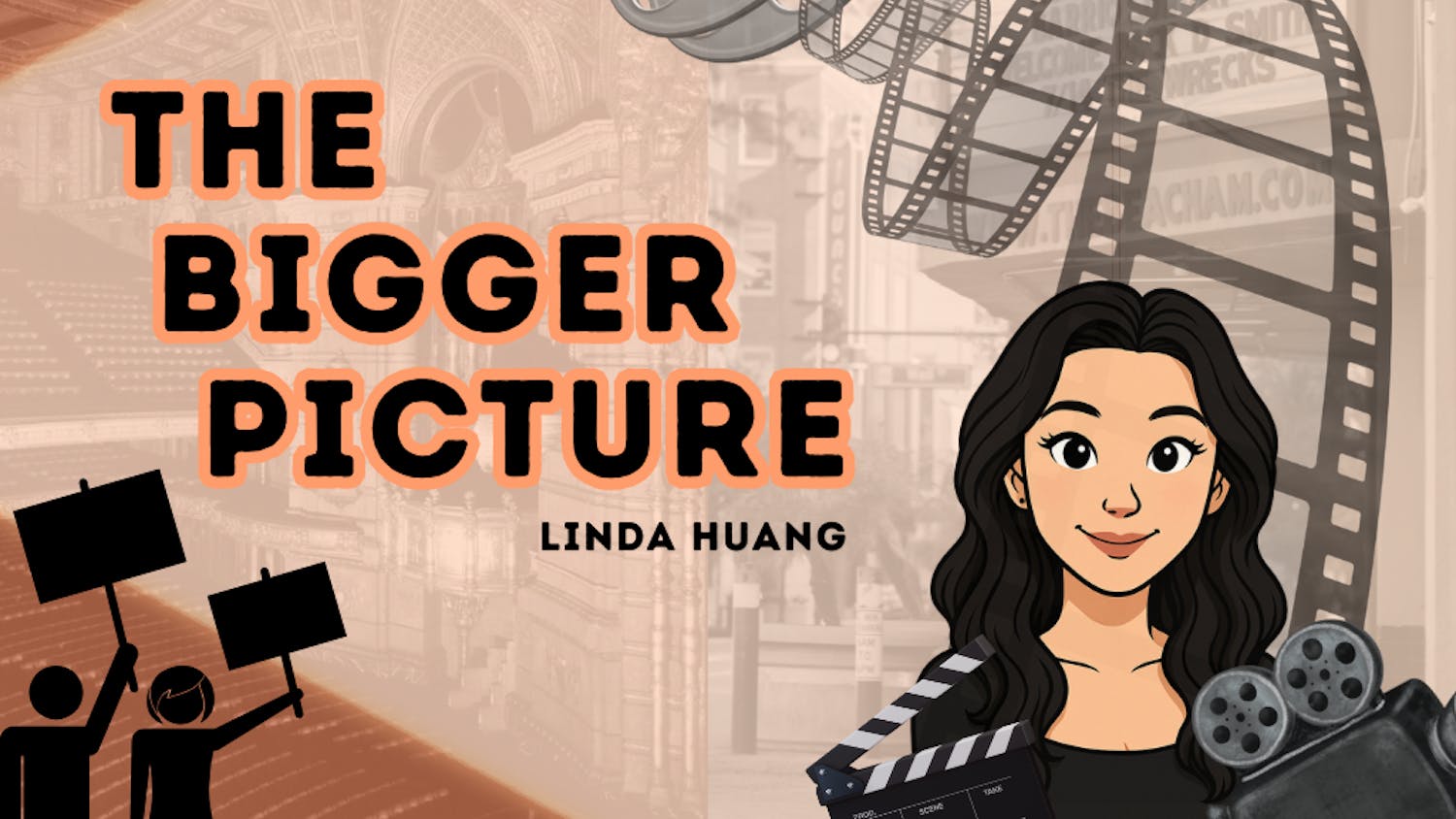It doesn’t always feel good to come full circle. Without enough change or perspective, it can feel like what it literally is: going in a loop. It feels almost worse to see such a lap happen to others, and both in and out of the show itself, that is the case with season 2 of Amazon Prime Video and Critical Role’s “The Legend of Vox Machina” (2022–). Characters return to their roots, check up on estranged family and interrogate what they want out of their own lives. Yet by the time the season ends, it feels like so much of what made the first season a pleasant but overreaching animated fantasy show has remained intact for better and worse. Season 2 is a better, more fleshed out show than what came before it, but its retention of the series’ key flaws makes it a more frustrating experience than ever.
The second season picks up right where its predecessor left off and then proceeds to burn everything to the ground. The arrival of four evil dragons, later known as the Chroma Conclave, to the unprepared capital city of Emon brings a level of destruction and genuine tension to the first trio of episodes this season that was sorely lacking in most of season 1. Characters die, the landscape of the entire continent of Tal’Dorei is changed and our band of heroes find themselves woefully ill-equipped to deal with the new threat. It’s the type of opening that gets the stakes and the mission of the season, to find weapons or “vestiges” that can defeat the dragons, firmly in the heads of both the audience and the characters themselves.
Nearly the entire main cast finally gets a chance to shine this time as well. Season 1 was almost exclusively focused on the brooding gunslinger Percy (Taliesin Jaffe) and his backstory, often at the long-term expense of the other main characters. Scanlan the gnome (Sam Riegel) and Grog the goliath (Travis Willingham) often felt reduced to bad comic relief as a result. This time, Percy is the only one who doesn’t have an episode dedicated to him. The elven twins Vax’ildan and Vex’ahlia (voiced by Liam O’Brien and Laura Bailey, respectively) are given half the season to ponder their self-worth and relationships to the rest of the group. Grog is given perhaps the best internal struggle of the season, particularly in the second and best episode of the season and Scanlan starts to finally break free of his comedic trappings. The voice acting is, of course, superb, and only makes the focus on characterization this season that much stronger.
And yet it feels like whenever the show is just about to cross the threshold into greatness, it stumbles back into simply being okay. There are moments, even whole episodes, in this season that beam with the heart and creativity that made Critical Role the media juggernaut it has become, but, as with season 1, this show has an extremely difficult time balancing its disparate tones. The extensive lore of the world of Exandria and the heavier moments of the characters contemplating mortality and grief simply do not mix with the now “adult animation” staples of constant jokes and sex puns.
Season 2’s slower pace, while giving the much-needed characterization of the group mentioned above, also brings a new set of plot problems with it. Extra time is given to the villains of the season, namely the dragons Umbrasyl (Matthew Mercer) and Thordak (Lance Reddick), but unlike Lord and Lady Briarwood (Matthew Mercer, Grey DeLisle-Griffin) from season 1, these new foes lack any sort of real screen presence. Both pairs are standard mustache-twirling villains, but the Briarwoods’ precise cruelty and connection to each other gives them a level of fear and understanding that the gold-hoarding dragons just can’t match. The humanity of the Briarwoods’ evil is completely absent with the dragons, and the surprise return of another season 1 villain only adds more confounding questions than answers to the dragon’s true purpose.
Though the creators have talked about not wanting their characters to feel as invincible as they did in the stream where each member of the group died at least once, the level of damage the characters take and simply shrug off starts to become distracting after a while. I dare you to count how many times a character nearly dies but is then quickly healed by the trusty cleric Pike Trickfoot (Ashley Johnson). The emotional damage each one takes is just as emphasized, which makes some key scenes feel overdramatic instead of profound. It’s a delicate balance between fantasy and relatability that the show continues to have trouble keeping, or even finding.
Critical Role’s cast and crew clearly love this story and are having fun telling it, which is admirable, but as they now work on season 3 there’s little indication that they plan to change any of the tonal or structural issues of the show. The added characterization of the titular team is an appreciated addition, but without a clearer focus on what the show wants to be, it’s not likely it will appeal to many outside of the die-hard Critical Role fans. The road ahead is clear, but it remains to be seen if by the end viewers will be at an actual destination, or right back where they started.






